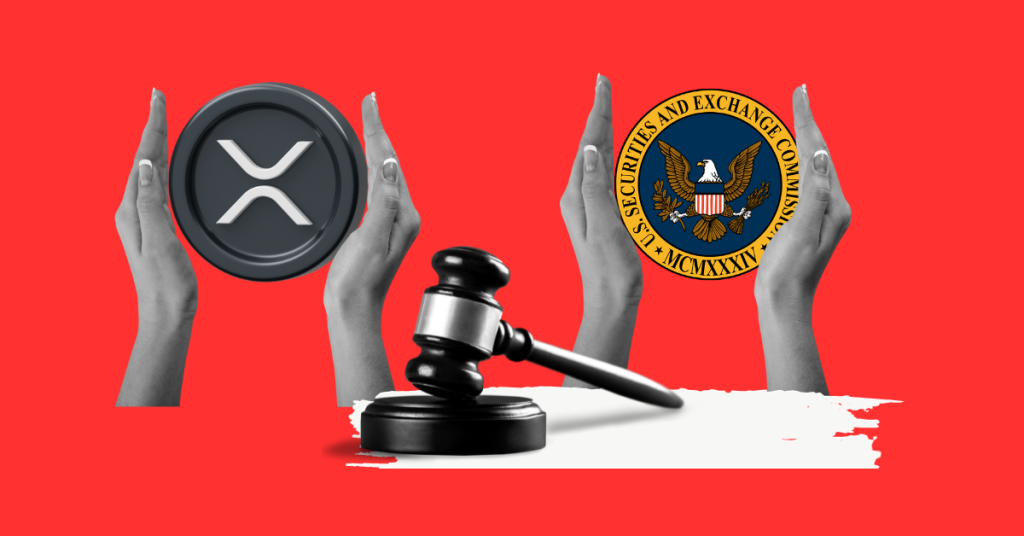
The post XRP Lawsuit Update: Will the SEC Pay Any Reimbursement for Losing Against Ripple? appeared first on Coinpedia Fintech News
Attorney John Deaton has opened up about the SEC’s legal tussle with Ripple (XRP). In an interview with Thinking Crypto, John discussed the varying opinions within the XRP community about Ethereum but noted the SEC’s approval of an Ethereum Futures ETF. Deaton also said that BlackRock’s application for an Ethereum ETF suggests that assets outside XRP, Ethereum, and these ETFs are considered fair game.
Deaton highlighted the conflicting views within regulatory bodies, with the CFTC chair calling most cryptos commodities and SEC Chair Gary Gensler deeming everything as securities, even non-financial items.
Switching to the SEC vs. Ripple case, Deaton discussed the recent development where charges against Ripple executives were dropped. Currently, in the penalty phase, he explained that the judge deemed some XRP transactions non-securities, particularly those involving contracts with institutions.
When asked about ‘any fees reimbursement of their legal fees from the SEC,’ Deaton said, “No. The judge found that Ripple violated the law. She applied a 1946 case, stating, ‘Technically, that doesn’t mean she wants to punish Ripple.’ The loser doesn’t have to pay the winner’s fees in our system. Unlike overseas, where the winner gets the other’s attorney’s fees, we don’t do that in America because it would discourage lawsuits.”
Looking ahead, Deaton predicted the SEC to include all sales in penalties, while Ripple argues for exclusions based on factors like utility transactions and exemptions for accredited investors. The judge will decide the final remedy.
On international sales, Deaton clarified that the SEC’s authority is limited to the U.S., citing the Morrison case. He explained that Ripple’s global XRP sales fall outside the SEC’s jurisdiction. Discussing a potential 2024 conclusion, Deaton mentioned the right to appeal for both parties. He expressed confidence in the judge’s decision standing, saying an appeal wouldn’t change the outcome.

 1 year ago
89
1 year ago
89














 English (US) ·
English (US) ·